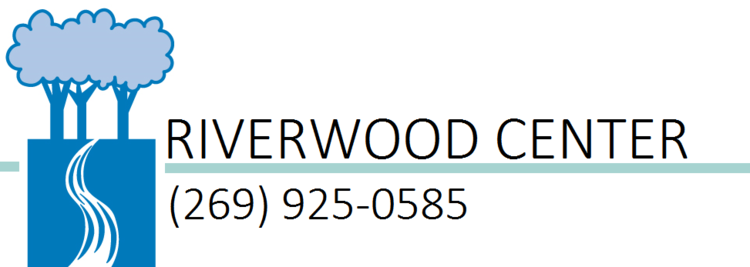Child and Family Services
Shaping the future
Please note: The following services are provided only in part by Riverwood Center directly. Riverwood Center will make referrals to community providers to supply some of these services. All of the services listed on this page are not directly provided by our Riverwood Center, NorthStar, Scottdale, Niles or Courthouse locations.
Children face many obstacles while trying to grow and find their identities. The challenge facing parents and children as they cope with these issues can often lead to conflict in everyday life. We are here to help. Riverwood Center offers a wide variety of services for children and adolescents who experience problems at home, at school or in the community.
We will provide your family with support, guidance and treatment. Our staff members have training in the best practices available. Services help give you the strengths you need to succeed, and emphasize parent involvement and partnering with other agencies such as schools or the courts, as necessary.
To see information about services for children with intellectual/developmental disabilities, including autism, see our Intellectual/Developmental Disabilities page.
Riverwood has Access Centers located in both the Benton Harbor and Niles offices. Riverwood Center Access Center Helpline is open 24-hours a day, every day of the year at (800) 336-0341. If you feel that any of the services and supports might be helpful to you or a loved one, visit one of our Access Centers.
We are available 24/7! If you need to speak with a mental health professional.
8:30-5:00 our Crisis Response Team may be reached at (269) 934-0747.
Crisis After-Hours, Weekends, Holidays available at (269) 925-0585.
If you are in an emergency situation, please dial 911 right away.
WHAT DOES SERIOUS EMOTIONAL DISTURBANCE (SED) MEAN?
The term Serious Emotional Disturbance is an "umbrella" term. Beneath this umbrella, there is actually a wide range of specific conditions that have different characteristics and treatments. These conditions include:
Anxiety disorders
Bipolar disorder (sometimes called manic-depression)
Conduct disorders
Eating disorders
Obsessive-compulsive disorder (OCD)
Psychotic disorders
Children who have an emotional disturbance might show these symptoms, characteristics or behaviors:
Hyperactivity
Aggression toward others or themselves
Withdrawal
Mood swings
Suicidal thoughts
Behavioral problems
School problems
Poor self-esteem
Depression
Aggression
Family conflict
Defiant behaviors
Poor impulse control
Many children who do not have emotional disturbance may display some of these same behaviors at various times. However, when children have an emotional disturbance, these behaviors continue over long periods of time. Children with the most serious emotional disturbances may show distorted thinking, excessive anxiety, bizarre movements and abnormal mood swings. Their behavior signals that they are not coping with their environment or peers.

